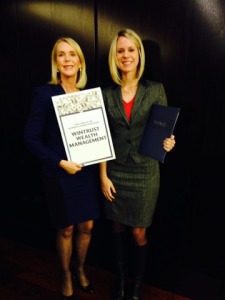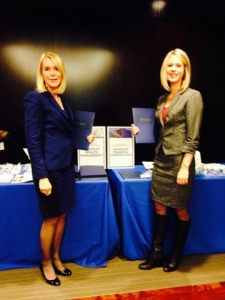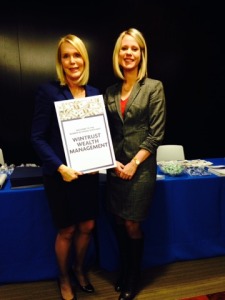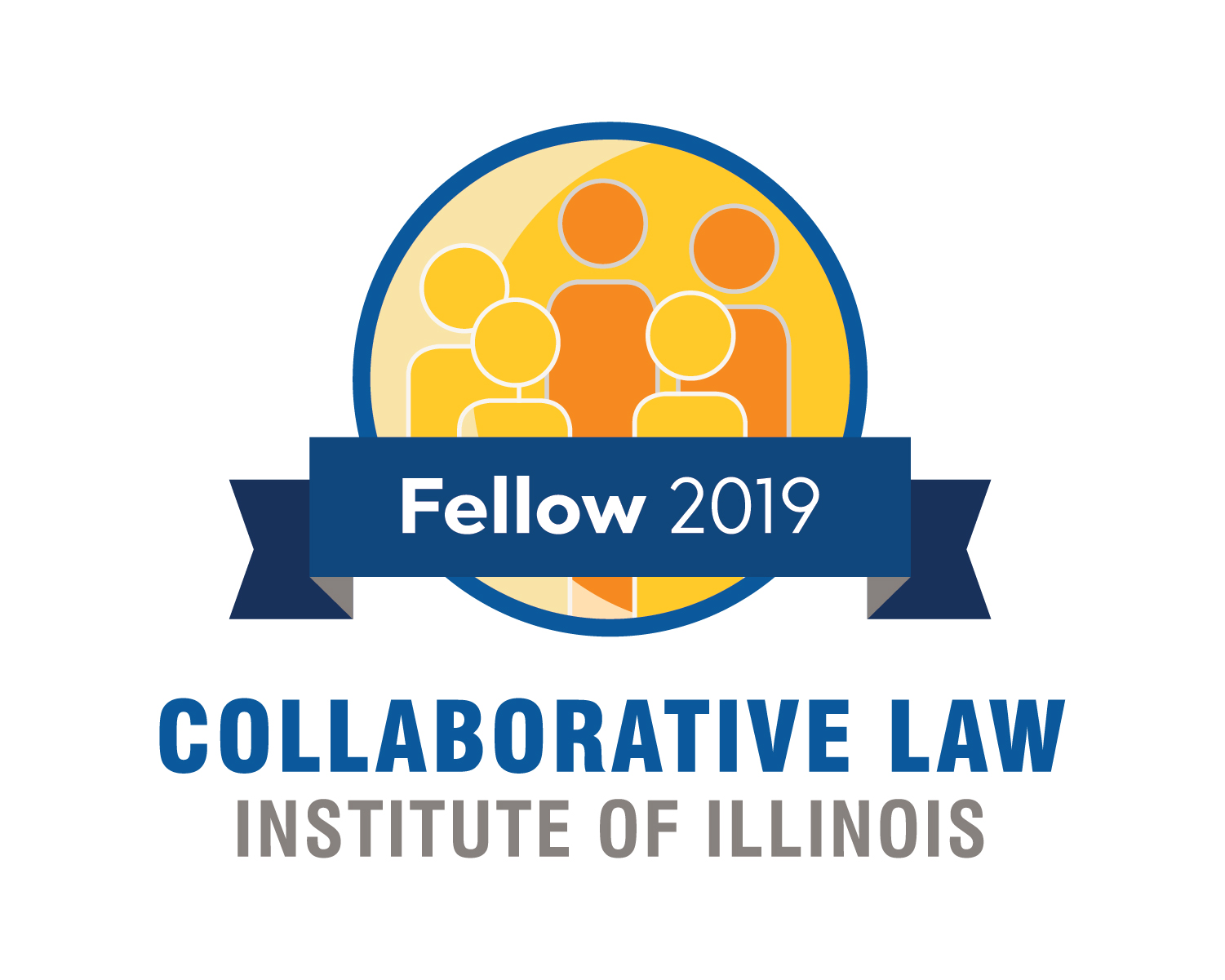We are proud to announce Attorney Margaret A. Bennett has co-authored an article with the Honorable Pamela E. Loza in the January 2015 newsletter of the Illinois State Bar Association‘s Section on Family Law.
January 2015, vol. 58, no. 7
The legal and ethical conundrum of child support in multi-partnered families
By Hon. Pamela E. Loza and Margaret A. Bennett
Every state utilizes guidelines to uniformly calculate child support obligations for multi-partnered families. Child support obligations are a reality in that nearly half of all marriages end in divorce; two-thirds of women and three-fourths of men remarry; and many start second families.[1] Further, more and more children each year are born to unmarried women. According to Illinois Department of Public Health statistics, the percentage of all children born in Illinois to unmarried women increased from 25 percent in 1984 to 41 percent in 2010.[2] That percentage increases to 50 percent for women with less than a post-secondary education, and to almost 80 percent for African-American women residing in Chicago.
Data from Wisconsin-based Temporary Assistance for Needy Families (TANF) cases illuminates the complexity of multi-partnered families.[3] On average, more than half of all mothers with a three-year association with TANF had children with two or more fathers. In nine percent of these situations, the fathers also had children with other women.[4] Further, when women had children with just one man, he was the father of children with at least one other woman 16 percent of the time.[5] Applying guidelines to calculate child support obligations in these scenarios presents complex challenges. To accomplish this daunting task, states generally employ one of three basic methods including the Melson formula, the percentage of income model, and the income shares model.
Melson Formula – Utilized in Delaware, Hawaii, and Montana, this formula reflects public policy considerations of a parent’s personal minimal support needs that should be met before he or she can support the needs of others.[6] However, public policy also recognizes that additional enhancement of a parent’s financial circumstance is impermissible until the parents jointly meet their child’s primary support needs. Finally, the child’s standard of living should adjust in proportion to the parents’ improved standard of living.
Once a parent’s minimal support allowance and the child’s standard of living is established, each parent is assigned a prorated share of the child’s subsistence standard based on the total share of the parent’s income.[7] A percentage of any additional income is then utilized to improve the child’s standard of living. Proponents of the Melson formula argue that although it appears complex relative to other models, it is the fairest and most internally consistent of the three. The formula minimizes differences between low and high income earning parents, addresses special custody relationships, and contemplates the needs of children and their parents.[8]
Percentage of Income Model- Illinois and nine other states including New York, Texas, and Wisconsin utilize the percentage of income model to calculate child support obligations.[9] The IMDMA, 750 ILCS 5/505 provides that “[t]he duty of support owed to a child includes the obligation to provide for the physical, mental and emotional health needs of the child.”[10] While all jurisdictions require Financial Affidavits from both parties, only the noncustodial obligor’s income is considered when calculating support obligations in the vast majority of cases. A percentage of the non-custodial parent’s income is calculated to determine the minimum amount of support owed per child. For example, the noncustodial parent owes 20% of his or her net income to support one child, and 28% for two children. When making a child support calculation for parents with multiple children from multiple partners in Illinois, the guidelines provide that a paid child support obligation arising out of an existing court order is deducted from the parent’s gross income before applying the percentage for child support.
The result of this formula is an uneven payment of child support such that the oldest child receives more than his or her younger sibling from a different partner. The Illinois legislature traditionally considered the first in time, first in right approach fair because the oldest child should not receive less support due to the non-custodial parent’s actions. However, this theory is fatally flawed because it benefits older children to the detriment of their younger siblings. The progressive New Jersey process creates the most equitable results for multi-partnered families. In New Jersey, the guidelines vest the court with the authority to review and adjust all support orders in a consolidated proceeding by averaging the orders or fashioning some other resolution that treats all supported children fairly.[11]
Admittedly, at least in Cook County, the ability to authorize consolidation and review of multiple family situations could have far reaching and dire effects on an already overwhelmed court system. This could lead to costly and time-consuming litigation. However, the first in time, first in right approach is archaic and unjust. New legislation promulgated by the ISBA Family Law Section Council seeks to address these concerns by utilizing an income shares model to calculate child support obligations rather than the archaic percentage of income model.
Income Shares Model- Forty states, as well as, Washington D.C., Guam and the Virgin Islands, utilize the income shares model to calculate child support obligations.[12] This approach is based on economic analysis showing that the proportion of a parent’s income devoted to children in intact families declines as income increases. A lesser percentage of income is spent on necessities such as food, lodging, medical and education. Application of this rule should result in the noncustodial parent paying approximately what the parent would have paid if the family had remained intact.
Unlike the percentage of income model, the income shares model requires income information from both parents. Each parent’s net income is determined based upon gross income minus either the standardized or individualized tax amount. Parents then are responsible for their prorated share of child support thereby creating a more comprehensive, fair, and flexible process of determining child support obligations as compared to the one size fits all percentage of income guidelines. The court may issue minimum support orders to parents living below the poverty line, and individualized income guidelines may be utilized to determine a child’s physical care needs when one or both parents have prior child support obligations to other children. Movement to the income shares model is a step in the right direction for Illinois but does it go far enough? One possible solution would be to give the court greater authority and discretion to review and adjust child support orders on a case-by-case basis in the best interests of all children.
[1] See TONYA BRITO, CHILD SUPPORT GUIDELINES AND COMPLICATED FAMILIES: AN ANALYSIS OF CROSS-STATE VARIATION IN LEGAL TREATMENT OF MULTIPLE-PARTNER FERTILITY (2005), available at <http://irp.wisc.edu/research/childsup/csde/publications/brito_05.pdf>.
[2] See ILLINOIS DEPARTMENT OF PUBLIC HEALTH (last visited November 5, 2014), <http://www.idph.state.il.us/health/bdmd/unmarried.htm>.
[3] MARIA CANCIAN & DANIEL R. MEYER, ALTERNATIVE APPROACHES TO CHILD SUPPORT POLICY IN THE CONEXT OF MULTIPLE-PARTNER FERTILITY, (2006), available at <http://www.irp.wisc.edu/research/childsup/cspolicy/pdfs/Cancian-Meyer-Task4B-2006.pdf>.
[4] Id.
[5] Id.
[6] See Child Support Guideline Models by State, NCSL: NATIONAL CONFERENCE OF STATE LEGISLATURES, <http://www.ncsl.org/research/human-services/guideline-models-by-state.aspx> (last updated April 2013).
[7] Id.
[8] Id.
[9] Id.
[10] 750 ILCS 5/505.
[11] See TONYA BRITO, CHILD SUPPORT GUIDELINES AND COMPLICATED FAMILIES: AN ANALYSIS OF CROSS-STATE VARIATION IN LEGAL TREATMENT OF MULTIPLE-PARTNER FERTILITY (2005), available at <http://irp.wisc.edu/research/childsup/csde/publications/brito_05.pdf>.
[12] See Child Support Guideline Models by State, NCSL: NATIONAL CONFERENCE OF STATE LEGISLATURES, <http://www.ncsl.org/research/human-services/guideline-models-by-state.aspx> (last updated April 2013).










